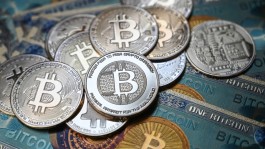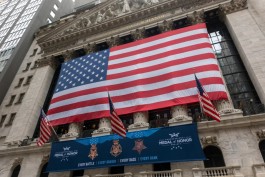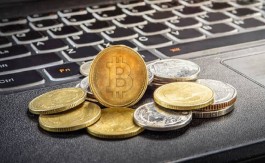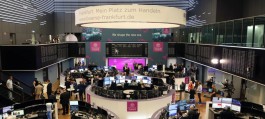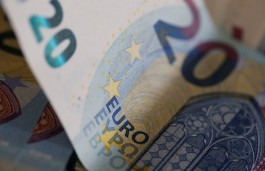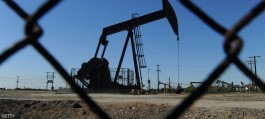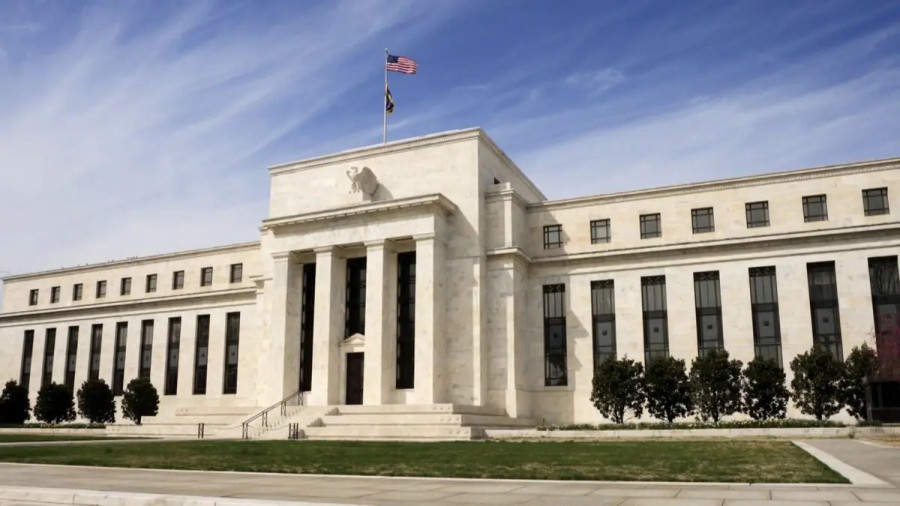Most economists expect the US Federal Reserve to temporarily stop raising interest rates next week, for the first time in 15 months, and to suspend the rate hike policy next December, despite the recovery of the US economy and the continued high inflation rate.
When it meets June 13-14, the Federal Open Market Committee will keep rates unchanged at 5% and 5.25%, though officials face a tougher decision in July about what to do, according to economists polled by Bloomberg. .
Fed Chairman Jerome Powell hinted at a temporary pause in the tightening campaign last month, indicating that he preferred to wait to assess the late fallout from past hikes and the impact of recent bankruptcies on the credit glut.
Interest rate projections end 2023
Expectations indicate that the quarterly statistical chart of the Summary Economic Estimates report will present the FOMC's median estimate of the main interest rate at 5.1% by the end of 2023, which coincides with economists' expectations of what the real interest rate will be, and in line with March expectations.
On the contrary; Markets are calculating an increase of a quarter of a percentage point during next July, with the possibility of a reduction of the same amount during next December.
The opinion poll was conducted during the period from 2 to 7 June with the participation of 46 economists.
Economists from Nomura Securities Iichi Amamiya, Jeremy Schwartz, and Jacob Meyer expected, in their answers to the survey questions, a temporary halt to tight monetary policy at the Federal Open Market Committee meeting this June, and that the committee would not raise the interest rate, but it would indicate expectations of approval. An additional increase next September.
This is what the Federal Reserve should do
They also suggested that last May would be the last hike during this cycle, as easing inflationary pressure, deteriorating business conditions, and headwinds from declining lending operations lead the Federal Open Market Committee later to resume raising interest rates.
Bankruptcy wave tightens credit
The tightening of credit following the bankruptcies of Silicon Valley Bank and Signature in March has focused Fed leaders on uncertainty about the economy's outlook and flexibility in how they respond to it.
What is the biggest lesson learned from the recent US banking crisis?
though; The data came better than expected, and economists believe that decision makers will raise their expectations for the economy this year, suggesting a growth rate of 0.6%, compared to previous expectations of 0.4% last March, in addition to an expected decline in the unemployment rate by the end of the year to 4.2% compared to 4.5% last March. .
They are likely to maintain overall inflation expectations at around 3.3% for the current year, and 3.7% when food and energy are not included, which is an increase of 0.1 percentage point compared to last March. The Fed aims for 2% inflation as a measure of the personal consumption expenditures price index, which rose 4.4% last April, exceeding expectations for most of the past year, and was more stable.

















